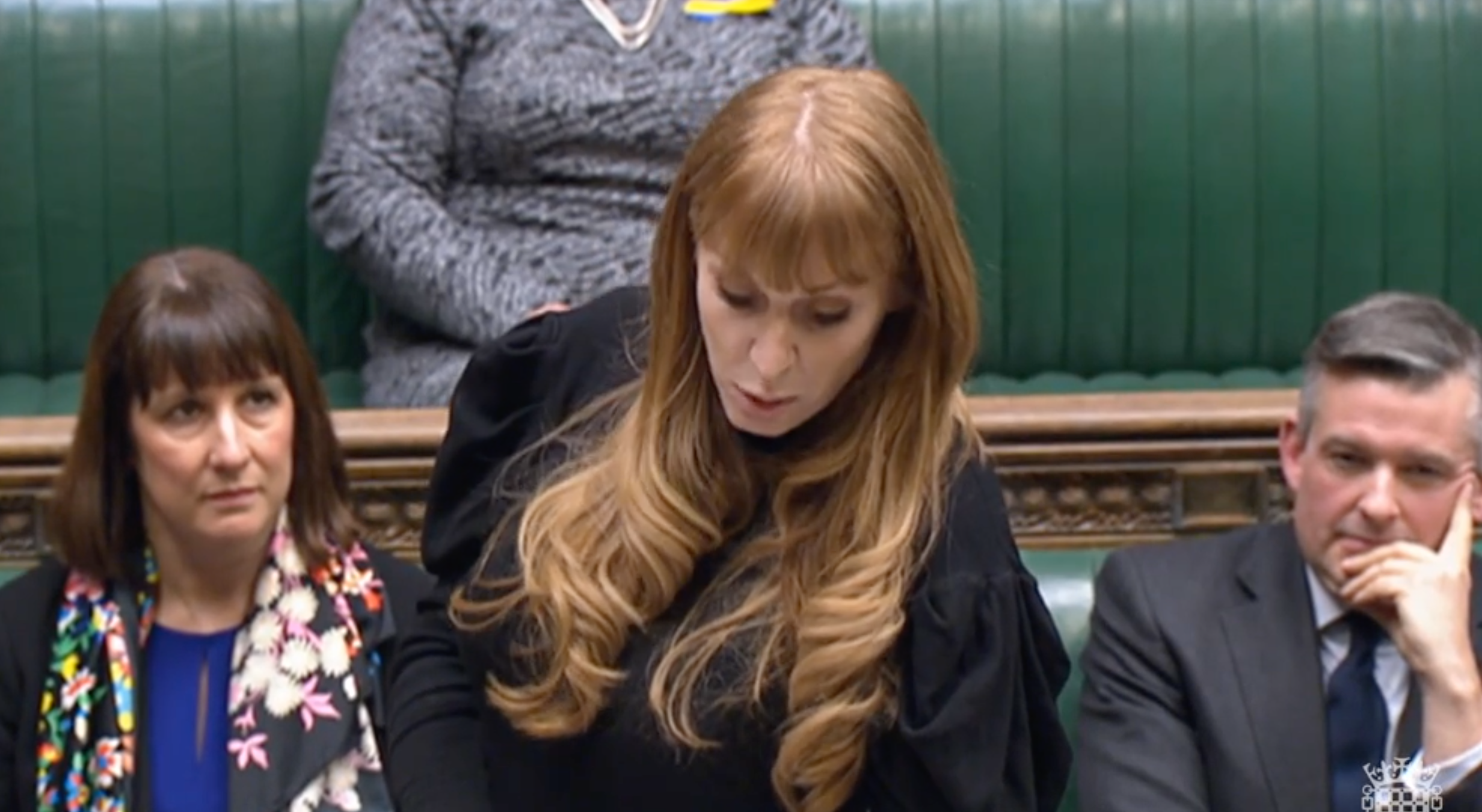Boris Johnson earns £1million in six weeks... as taxpayers foot huge bill for Partygate legal fees
Publishers HarperCollins announced earlier this month they had acquired the rights to the book

Boris Johnson has earned more than £1million in six weeks, including picking up an advance of more than £500,000 for his forthcoming memoir.
The former prime minister’s latest entry in the Register of Members’ Interests says that he “received £510,000 as an advance on an upcoming book yet to be published” on January 6 - even though he has so far done just 10 hours work on it.
It follows the announcement by publishers HarperCollins earlier this month that they had acquired the rights to what was described as a prime ministerial memoir “like no other”.
Mr Johnson was also paid £447,299 for two speeches: one this month included a £246,406 fee from Bloomberg Singapore, while he also received £200,000 from the Aditya Birla Management Corporation for a speech on December 14.
The details were revealed as it emerged that taxpayers face a bill of £222,000 for his legal fees to defend himself in the partygate inquiry. MPs were told the estimated legal bill - to be paid by the taxpayer - for lawyers representing him in the Commons inquiry into whether he lied over lockdown parties in No 10 has risen to £222,000.
Solicitors firm Peters and Peters was awarded a contract worth £129,700 in August 2022 to provide Mr Johnson with advice during the investigation into his conduct by the Privileges Committee.
However, giving evidence to the Commons Public Administration and Constitutional Affairs Committee, Cabinet Office permanent secretary Alex Chisholm said the amount had gone up due to the length of the inquiry.
“We hope and expect that will be a maximum figure but obviously we don’t want to anticipate and certainly could not regulate the conduct of the committee, which is entirely up to them,” he said.
It comes as Mr Johnson’s personal finances have come under renewed scrutiny following the disclosure that BBC chairman Richard Sharp helped him secure a reported loan facility of up to £800,000 shortly before Mr Sharp was appointed to the post.
The Public Appointments Commissioner William Shawcross is to conduct an inquiry into whether the rules were properly followed, while Mr Sharp has been recalled to appear before the Commons Digital, Culture, Media and Sport Committee over evidence he gave at a pre-appointment hearing.

Mr Sharp has said there was no impropriety and that the selection process was done “by the book”.
Labour deputy leader Angela Rayner said taxpayers should not have to “write a blank cheque” to subsidise Mr Johnson’s defence fund.
“Hundreds of thousands has already been wasted on legal fees for this disgraced former PM but Rishi Sunak is once again too weak to put a stop to it,” she said.
Liberal Democrat chief whip Wendy Chamberlain called for taxpayer support for Mr Johnson’s legal fees to end.
She said: “While the British people battle with a cost-of-living crisis, this Conservative Government seems more interested in helping Boris Johnson with his cost-of-lying crisis.
“This is a sleazy new low for this Government, dragging politics into the gutter.
“People will be outraged that hundreds of thousands of pounds of their money will be used to defend a lying lawbreaker who disgraced the office of prime minister.
“(Prime Minister) Rishi Sunak needs to step in immediately, stop this fund and apologise for his Government’s chaotic track record of defending the indefensible.”
The Privileges Committee is investigating whether the former prime minister committed contempt of Parliament by telling the Commons on several occasions that there were no lockdown-breaking parties in Downing Street.
The contract with Peters and Peters has already paid for legal advice from leading KC Lord Pannick, who has produced two opinions on the inquiry.
The first was published on the Government’s website in September 2022 and said the Privileges Committee was adopting an “unfair procedure” and a “fundamentally flawed” approach.
This opinion was rejected by the Privileges Committee, which said it was based on “a systemic misunderstanding of the parliamentary process and misplaced analogies with the criminal law”.
Lord Pannick’s second opinion has not been made public.






Join our commenting forum
Join thought-provoking conversations, follow other Independent readers and see their replies
4Comments